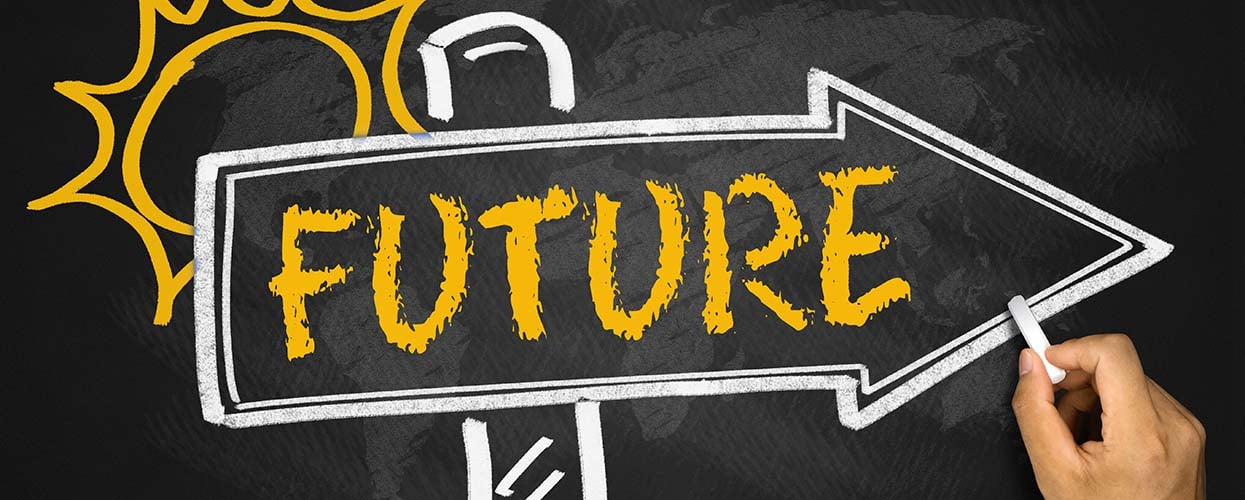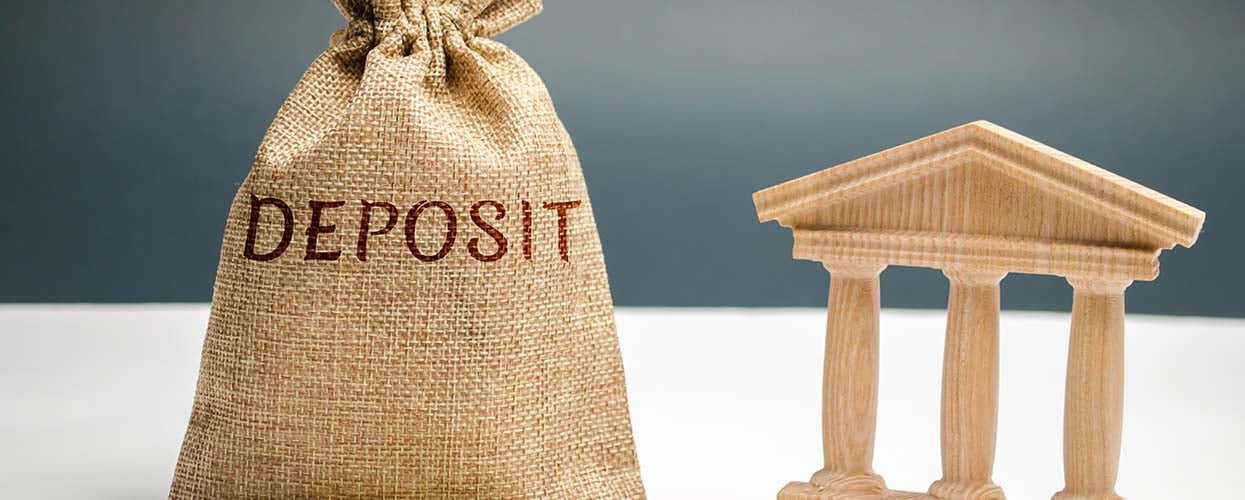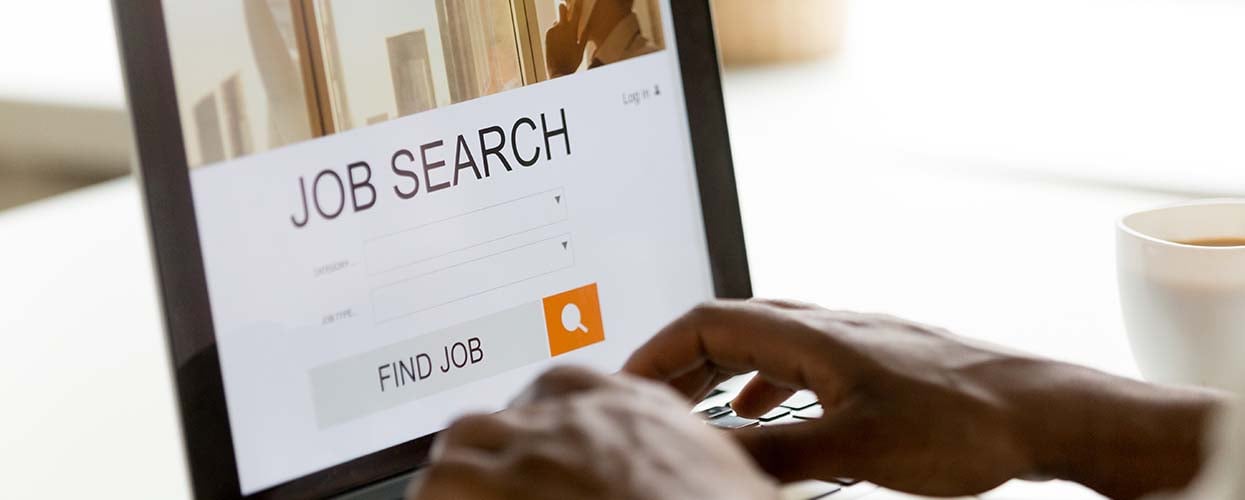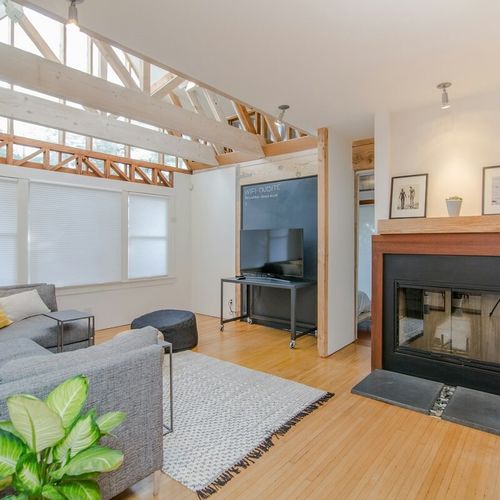Purchasing a home is often the biggest financial decision of your life. The choice between renting or buying depends on more than just your finances. It’s a mix of personal goals, future plans, and market conditions.
Your financial health, such as your savings, income stability, and creditworthiness, plays a major role. But other factors, like your career, location, and even mortgage rates, also matter. Deciding to rent or buy a home means asking yourself some important questions. You need to be ready to enter the real estate market before buying a house.
Let’s explore the key factors to consider when making this big decision.

What Are Your Future Plans?
In the short term, renting is usually cheaper than buying. When you rent, your upfront costs are minimal. You typically pay the first and last month’s rent, a security deposit, and possibly a small monthly water bill. Moving costs, like a truck rental, are manageable.
Buying, however, comes with significant upfront expenses. First, you’ll need to save for a down payment, which is typically 10% to 20% of the home’s purchase price. Beyond that, you’ll face costs like land transfer taxes, closing costs, and legal fees.
If you buy a new-build home, there may be additional expenses related to warranties or developer fees. Once you move in, your monthly costs will likely be higher than renting. These costs include mortgage payments, property taxes, and home maintenance.
So, how long do you plan to stay in one place? If you’re planning to stay in your current city for the long haul, buying might make sense. Real estate can appreciate over time, potentially giving you a strong return on investment. However, if you’re only staying for a couple of years, renting is often the more practical choice.
How Old Are You?
Your age and stage of life are also key factors. If you’re in your twenties, you might still be exploring career opportunities, building relationships, or relocating for work. Renting offers the flexibility to adapt to these life changes.
By your thirties, you might feel more settled. This is often when people enter long-term relationships, start families, or establish themselves in their careers. Buying a home during this stage can provide stability and help you build equity over time.
The sooner you’re clear about your long-term plans, the sooner you can decide whether buying is right for you.
How Much Does It Really Cost?
Owning a home involves many hidden costs beyond just the purchase price. It’s important to calculate the total expenses involved in both buying and renting to make an informed decision.
Upfront Costs of Buying:
- Down Payment: This is usually 20% of the home’s price for conventional loans. However, many lenders will accept smaller amounts, as low as 3%, if you have private mortgage insurance (PMI). PMI is an additional cost that protects lenders if you default on your loan.
- Closing Costs: These include legal fees, title insurance, and land transfer taxes. For a new-build home, there may also be development fees.
- Furnishing and Repairs: Once you move in, you may need to buy furniture, install window treatments, or make repairs.
Ongoing Costs of Owning:
- Monthly Mortgage Payment: This includes the loan’s principal, interest, property taxes, and home insurance.
- Maintenance Costs: Homeownership comes with upkeep expenses like roof repairs, HVAC servicing, and landscaping.
- Utilities: These can be higher for homeowners, especially if you’re responsible for water, sewer, and garbage collection.
Costs of Renting:
Renting is more straightforward. You pay your landlord once a month and might also cover some utilities, like water or electricity. Renters insurance is relatively cheap compared to homeowners insurance. You won’t have to worry about maintenance costs, as these are usually the landlord’s responsibility.
Running the numbers will help you understand your monthly costs. Use a mortgage calculator to estimate your monthly mortgage payment, including property taxes and PMI if applicable. Then, compare it to local rent prices to see what fits your budget and lifestyle.
Are You Carrying High-Interest Debt?
Before buying a home, take a hard look at your debt. Do you have credit card balances, car loans, or personal loans with high interest rates? If so, it’s wise to focus on paying those down first.
Having a lot of debt can impact your debt-to-income ratio (DTI). This ratio is important for mortgage lenders. They use it to decide if you qualify for a loan.
Your DTI compares your monthly debt payments to your income. A lower DTI signals to lenders that you’re financially stable and more likely to keep up with mortgage payments.
Paying off high-interest debt before applying for a home loan can boost your credit score. This improvement may help you get better mortgage rates.
Do You Have Enough Saved for a Down Payment?
One of the biggest hurdles to homeownership is saving for a down payment. Conventional loans often require 20% down, but some lenders offer lower options. However, putting down less than 20% usually means you’ll need PMI, which increases your monthly mortgage payment.
For example, if you’re buying a $300,000 home, a 20% down payment would be $60,000. If you only save 10%, your down payment is $30,000, but you’ll need to pay PMI on top of your mortgage payments.
If you’re struggling to save, consider alternative strategies. Some buyers ask family members for help with the down payment. Others opt for special savings accounts to set aside money consistently.
Is Your Job Stable?
Stable employment is crucial when deciding whether to rent or buy. Mortgage lenders look at your pay stubs, tax returns, and employment history to assess your financial reliability. They want to see steady income and a strong likelihood that you’ll be able to make your monthly mortgage payment.
Ask yourself:
- How long have you been at your current job?
- Do you plan to stay in your field?
- Is your industry stable, or are layoffs common?
If you’re in a secure job with a reliable income, buying may be the right choice. But if your work is contract-based or seasonal, consider waiting until your employment situation stabilizes.
The Bottom Line: Should You Rent or Buy?
The choice between renting and buying isn’t one-size-fits-all. It depends on your personal and financial circumstances, as well as your future goals.
Renting Might Be Best If:
- You’re still saving for a down payment.
- Your job or living situation is uncertain.
- You have high-interest debt to pay off.
- You value flexibility and don’t plan to stay in one place for more than a couple of years.
Buying Could Be the Right Move If:
- You have stable employment and a reliable income.
- You’ve saved enough for a down payment (or can manage PMI).
- You’re ready to settle down and stay in one place for several years.
- You want to build equity and take advantage of potential home value appreciation.
Conclusion
Deciding whether to rent or buy a home is one of the most important financial decisions you’ll make. Both options come with pros and cons, and the right choice depends on your individual circumstances.
Take the time to evaluate your savings, income stability, and long-term goals. Consider factors like mortgage rates, monthly mortgage payments, and the costs associated with owning a home. Don’t forget to factor in your debt-to-income ratio, pay stubs, and tax returns when applying for a home loan.
Ultimately, the decision is about more than money—it’s about finding the lifestyle that works best for you. Whether you rent or buy, staying informed and prepared will help you make the best choice for your future.









